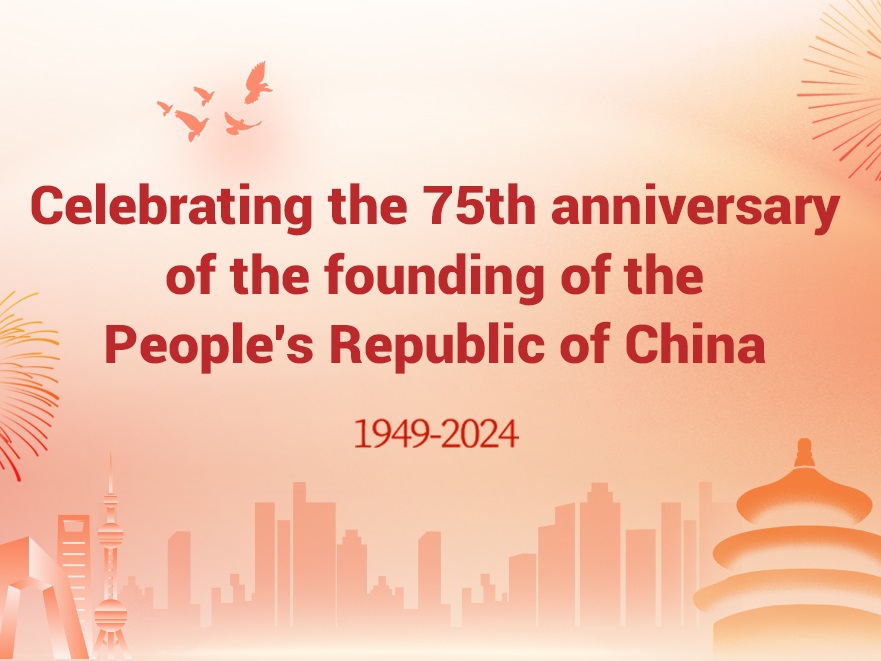Republic of Singapore
Area: 724.4 square kilometers (2017)
Population: 5,640,000 (date to December 2018)
Capital: Singapore
Overview:
Singapore is located at the southern tip of the Malay Peninsula, at the entrance to the Strait of Malacca, with Malaysia to the north and Indonesia to the south. It consists of Singapore Island and 63 small islands nearby, of which the Singapore Island accounts for 88.5 percent of the country's total area. It has a tropical maritime climate with high temperature, humidity and rain all year round.
Economy:
Singapore's economy is mainly driven by foreign trade in electronics, petrochemical industry, finance, shipping and service industries. It is highly dependent on China, the United States, Japan, Europe and its peripheral markets. The total foreign trade volume is four times that of the GDP. In 2018, the economic data is as follows:
GDP: $361 billion
Per capita GDP: $64,000
GDP growth rate: 3.2 percent
Currency: Singapore Dollar
Industry:
Singapore's industries mainly include manufacturing and construction. Manufacturing products include electronics, chemistry and chemical products, biomedicine, precision machinery, transportation equipment, petroleum products, and oil refining. Singapore is the third largest oil refining center in the world.
Agriculture:
The land used for agricultural production accounts for about 1 percent of the total land area, and the output value accounts for less than 0.1 percent of the national economy. Agriculture in Singapore is mainly composed of horticultural cultivation, poultry breeding, aquaculture and vegetable cultivation. Most of the food and vegetables are imported from Malaysia, China, Indonesia and Australia.
Tourism:
Tourism is one of the main sources of foreign exchange. Tourists mainly come from China, ASEAN countries, Australia, India and Japan. Main scenic spots are: Sentosa Island, botanical garden, Night Zoo and so on.
Foreign trade:
In 2018, Singapore's total foreign trade was about $7,736 billion, an increase of 9.2 percent year-on-year. Among them, imports were $366.5 billion, an increase of 10.6 percent, and exports were $407.1 billion, an increase of 7.9 percent. The main imported commodities are electronic vacuum tubes, crude oil, processed petroleum products, office and data processor parts. The main export commodities are refined oil, electronic components, chemicals and industrial machinery. The main trading partners are China, Malaysia, EU, Indonesia, and the United States.


